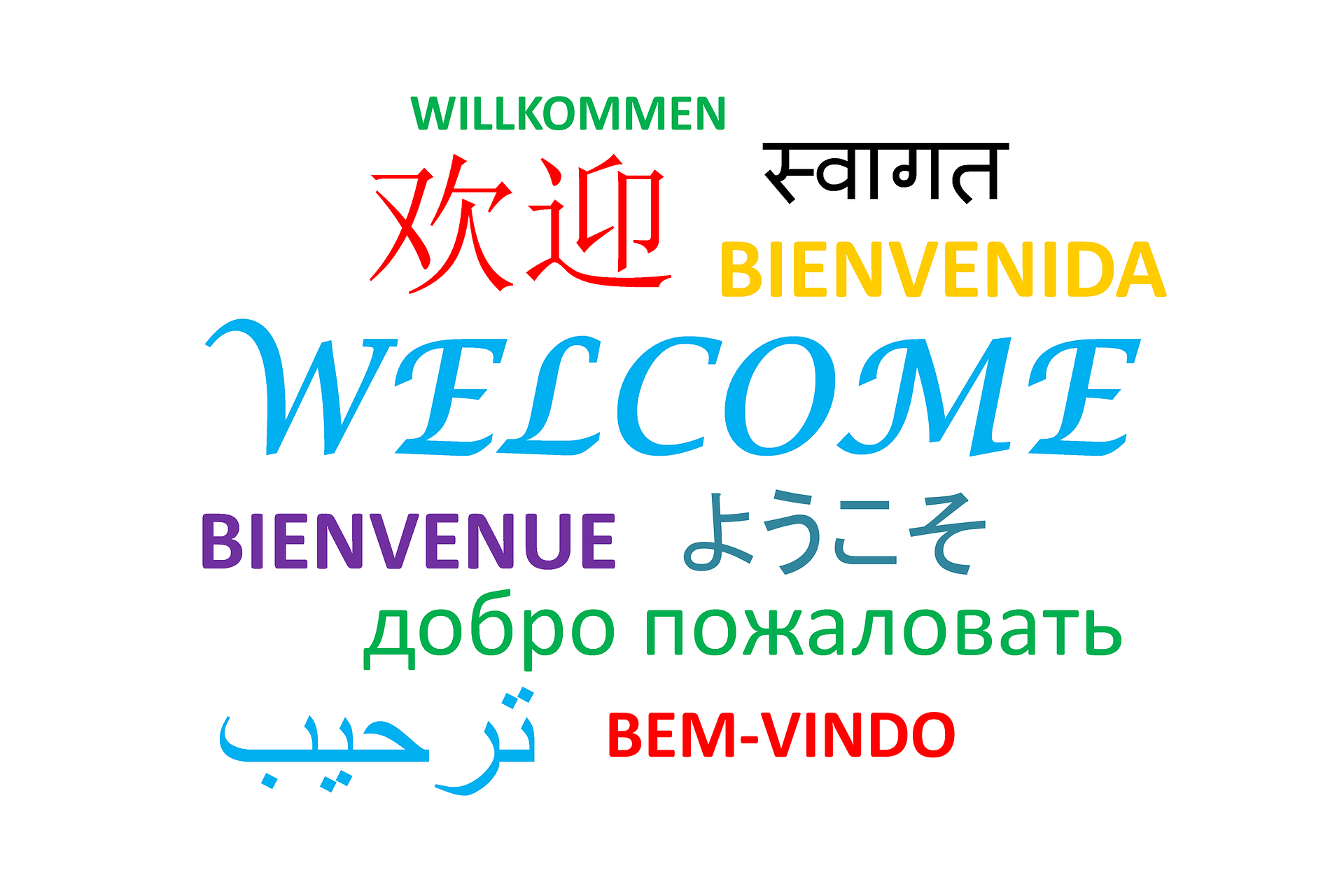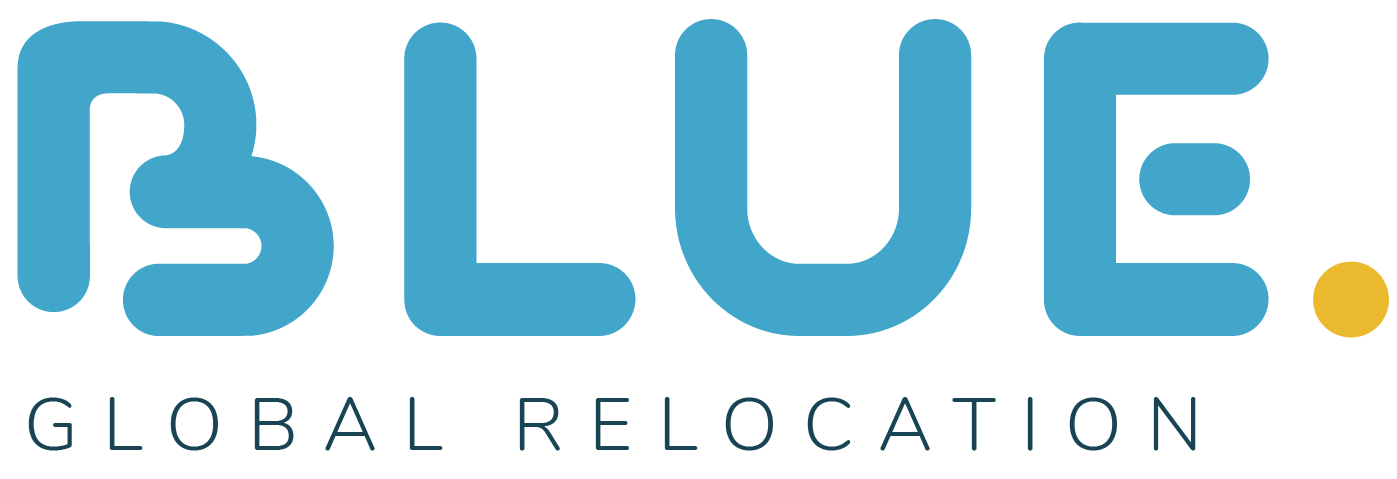Whatever your ability level or goals, these 5 apps have you covered
The 5 Best Language Learning Apps
Learning a new language is often intimidating, never easy, and always a big commitment. Fortunately for us, we live in a time in human history when decades of research into language learning techniques have converged with handheld computer technology to make acquiring a foreign language easier, more convenient, and more engaging than ever before.
Of all the language learning apps currently on the market, these five represent the best of the best for the widest variety of learning styles and ability levels. Have a look, see which app seems best suited for your goals, and remember—du schaffst das!

1. Duolingo Plus
Duolingo Plus is probably the best overall language learning app for beginners. With a variety of exercise-styles and an emphasis on repetition, the app is fantastic as an introduction to basic vocabulary and everyday idiomatic expressions. Once you get comfortable with the basics, though, you’ll want to move on to a more sophisticated app that can help you to develop practical, context-oriented skills.
2. Quizlet
Much like Duolingo Plus, Quizlet is designed primarily for beginners and can take you only so far on your language learning journey. With that said, it is still an excellent tool that could very well prove invaluable when it comes to expanding and reinforcing the foundation laid by an app like Duolingo. Quizlet’s flash-card and quiz-style approach to language acquisition lends it an interactive edge that allows users to hone their burgeoning skills in a more focused and proactive manner.
3. MemRise
MemRise is another app tailored primarily toward beginners, but with a key difference. Rather than flash cards, which rely on recognition of vocabulary without context, MemRise uses memes. This playful approach to vocab-building serves two basic purposes. First, it keeps learners engaged and entertained despite the repetition required for language acquisition. Second, it helps users learn better. The memes often use unique and entertaining associations with the vocabulary being learned, which helps to increase recall accuracy and speed.
4. Primsleur
Unlike most language learning apps, which focus on text and images, Primsleur uses a scientifically proven audio-driven approach to language acquisition. Their mission is to cater to your conversational goals as quickly and effectively as possible, so that you can actually start speaking your target language from day 1. Considered more rigorous than most other apps on the market, Primsleur is an unparalleled crash course in speaking and listening comprehension for those who need to learn to communicate orally in a hurry. The audio-driven format is particularly well-suited for people who prefer to learn on the go, and the app integrates beautifully with the Amazon Alexa.
5. Babbel
If you want a comprehensive language learning tool that can take you from the beginner level all the way to advanced intermediate, then Babbel is the app for you. The beginner’s classes start with vocabulary building through the use of images and repetition. In later lessons, the vocabulary becomes used in dialogue and common phrases to provide context. As your proficiency increases, the dialogue and phrases are adapted to increasingly complex and difficult examples, which assists in the development of conversational skills. Babbel also uses speech recognition technology to help you fine tune your spoken language proficiency.
